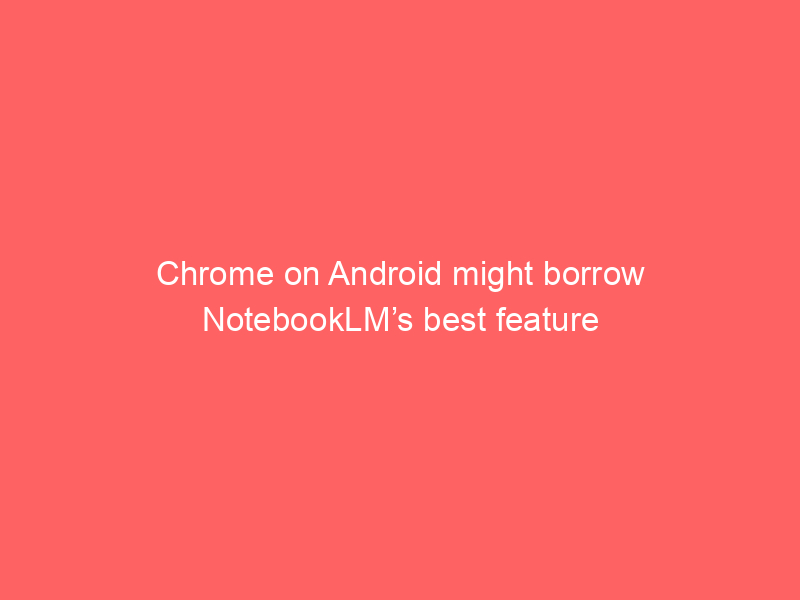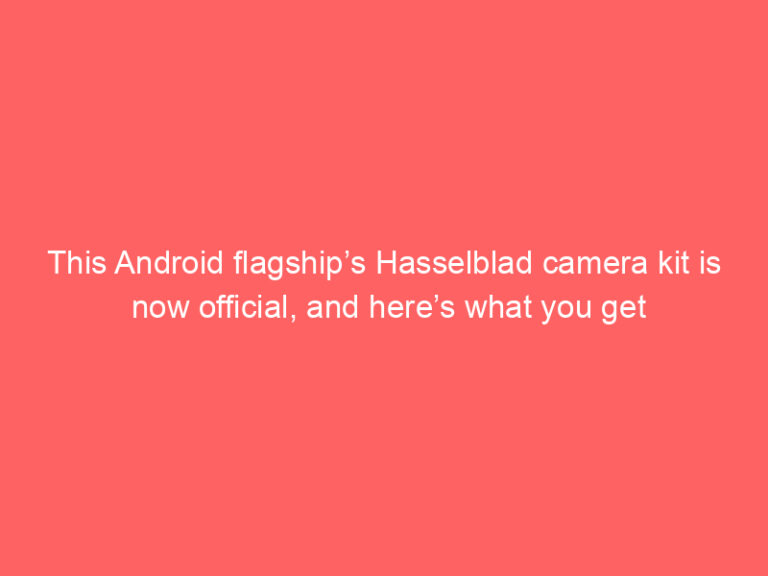
Chrome on Android Might Borrow NotebookLM’s Best Feature
The world of mobile tech is constantly evolving, with developers constantly pushing the boundaries of what’s possible. And in a recent development, Google has hinted that Chrome on Android might borrow a feature from its big brother, Microsoft’s OneNote app – NotebookLM.
What is NotebookLM?
NotebookLM is a cutting-edge AI model that can transcribe audio and video into text in real-time. It’s a powerful tool that can be used for a variety of purposes, such as creating captions for videos, transcribing interviews, and generating summaries of speeches.
What’s the potential impact of this news?
If Chrome on Android were to adopt NotebookLM’s AI capabilities, it would be a game-changer for both users and developers. Chrome on Android is already one of the most popular mobile browsers in the world, with over 600 million active users. By adding NotebookLM’s advanced AI features, Chrome could compete more directly with Apple’s Safari browser on iOS devices.
Here’s a closer look at the potential features:
* Real-time transcription: Chrome on Android could transcribe audio and video in real-time, providing users with instant captions, summaries, and other insights.
* Natural language processing (NLP): NotebookLM’s NLP capabilities could be used to enhance the accuracy and context of transcriptions.
* Image and video search: Chrome could integrate NotebookLM’s capabilities into its image and video search, allowing users to find relevant content based on their audio or video content.
What’s the timeline for this development?
Google has not officially confirmed the adoption of NotebookLM in Chrome on Android. However, the company has said that it is exploring ways to integrate AI features into its mobile browsers. It’s likely that we will see a beta version of Chrome on Android with NotebookLM’s features in the near future.
Conclusion:
The news that Chrome on Android might borrow NotebookLM’s best feature is a significant development for the mobile browser. This feature has the potential to revolutionize the way we interact with our devices, especially for users who rely heavily on transcription and AI features. As we move forward, we can expect to see more mobile browsers adopt AI technologies to enhance the user experience.







